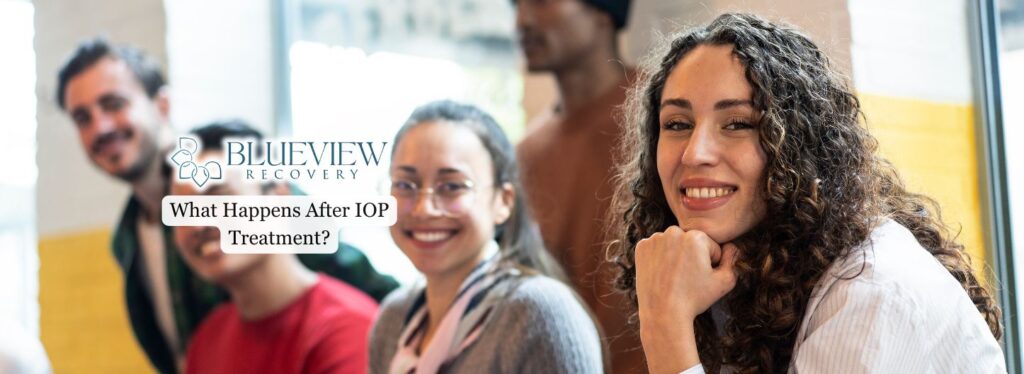How CBT and Psychotherapy Differ in Addiction Treatment

Therapy is essential in addiction treatment, with cognitive behavioral therapy (CBT) and psychotherapy being two key approaches. CBT is structured and goal-oriented, while psychotherapy explores deep emotional patterns. At Blueview Recovery in King of Prussia, we offer tailored therapy to support lasting recovery.
How is Cognitive Behavioral Therapy (CBT) Used to Treat Addiction

Cognitive Behavioral Therapy (CBT) helps individuals overcome addiction by changing harmful thought patterns and developing healthier coping strategies. Learn how CBT techniques can reduce relapse risk, improve mental well-being, and support long-term recovery.
Treatment Modalities for Addressing Addiction Treatment

Navigating addiction treatment can be overwhelming, but understanding different approaches helps. This guide explores behavioral therapies, medication-assisted treatment, holistic methods, and peer support to create a personalized recovery plan for lasting sobriety.
What Does an IOP Schedule Look Like?

An Intensive Outpatient Program (IOP) offers structured addiction and mental health treatment while allowing individuals to maintain daily responsibilities. Learn about its schedule, therapy, and benefits.
Relapse Prevention Techniques for Substance Abuse

Relapse prevention is essential for lasting recovery. Learn how to manage triggers, build a strong support system, and develop coping strategies to maintain sobriety. Blueview Recovery in Pennsylvania offers expert guidance and personalized treatment for long-term success.
What is Psychoeducational Programming in Addiction Treatment?

Psychoeducational programming in addiction treatment educates individuals on substance use disorders, coping skills, and relapse prevention. It enhances recovery by promoting self-awareness, family support, and long-term behavioral change, helping individuals build a stable foundation for sobriety.
IOP or Inpatient Treatment – Making the Right Treatment Decision

Choosing the right treatment path is a crucial decision when it comes to addiction recovery. It can shape your journey to sobriety. Two common options that individuals often consider are Intensive Outpatient Programs (IOP) and Inpatient Treatment. Each option offers unique benefits and challenges, catering to different needs and circumstances.
How Long Does Fentanyl Stay in Your System?

In this article, we will delve into the intricacies of fentanyl detection, examining various testing methods and their ability to identify the presence of the drug over different time periods. Fentanyl Detection Times by Drug Test Type Urine tests, the most commonly used method, can detect fentanyl and its metabolite norfentanyl for 24 to 72 […]
Fentanyl Withdrawal Timeline

Fentanyl, a synthetic opioid that is 50 to 100 times more potent than morphine, has become a significant concern in the ongoing opioid crisis. As its use continues to rise, it is crucial for those seeking recovery and the professionals supporting them to understand the withdrawal process.
What Happens After IOP Treatment?

Completing an Intensive Outpatient Program (IOP) is a significant step, but ongoing aftercare is essential for lasting recovery. A personalized plan, including therapy, support groups, and healthy routines, helps prevent relapse. Continued dedication ensures long-term sobriety.